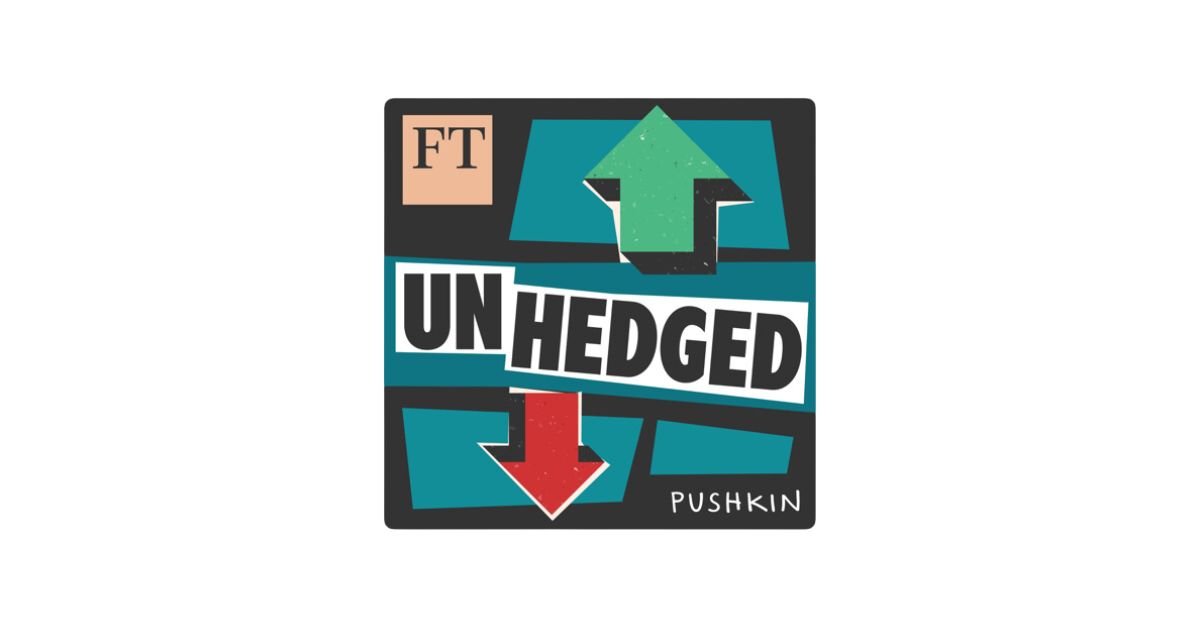How to Make Smart Financial Decisions: Top Tips Explained
February 10, 2024, 5 min read
If money worries you, you’re not alone. According to the Capital One Mind Over Money study, a significant majority—77% of respondents, to be precise—expressed anxiety regarding their financial situation. However, there are actions you can take to gain control over your finances and alleviate financial anxiety. Here are some top financial decision tips to help make you smart.
What is the Trick to Making Wise Financial Decisions?
Money management encompasses various aspects, including budgeting, spending, saving, investing, utilizing credit, and debt repayment. Do not allow financial anxiety to hinder your intentional approach to money. By approaching money management and financial planning with knowledge and strategy, you can pave the way for a positive financial future. Several strategies and tools are available to assist you in creating a budget, monitoring your spending, devising a savings plan, reducing debt, and cultivating responsible credit habits.
Explore All Possibilities
When faced with a financial decision, exploring all available options is crucial before committing to a particular course of action. Thoroughly assess various research options, considering their advantages and disadvantages, and weigh both short-term and long-term impacts to ensure an informed decision that will positively impact your financial state in the future.
Assess Risks
An integral part of sound financial decision-making is evaluating the risks associated with each available option. Ensure a comprehensive understanding of potential risks before deciding on an action. Seeking insights from others who have navigated similar situations can be valuable in identifying potential risks associated with specific choices.
Conduct Thorough Research
Before making any financial decisions, invest time in thorough research. Lay out all potential scenarios and determine which aligns best with your and your business’s interests. Consider each option’s expected return on investment (ROI) and associated risks. The more informed you are about each alternative, the easier it becomes to make well-informed decisions.
Establish a Budget
Developing a budget is pivotal for making prudent financial decisions for your business. It provides a comprehensive view of your income and expenses each month. A budget helps identify potential areas for cost savings and enables strategic investments that can benefit your business in the long term.
Implement The 50-30-20 Rule
The 50-30-20 rule is a popular and simple budgeting guideline that helps individuals allocate their income across different categories. This rule, often attributed to Senator Elizabeth Warren and her daughter Amelia Warren Tyagi in their book “All Your Worth: The Ultimate Lifetime Money Plan,” suggests dividing your after-tax income into three main categories.
50% for Needs: Allocate 50% of your income to cover essential needs. This category includes expenses such as housing, utilities, groceries, transportation, and other necessary bills.
30% for Wants: Reserve 30% of your income for discretionary spending on wants and non-essential items. This can include dining out, entertainment, hobbies, and other personal indulgences.
20% for Savings and Debt Repayment: Dedicate 20% of your income to savings, investments, and debt repayment. This category includes contributions to your emergency fund, retirement savings, and paying down high-interest debt.
The 50-30-20 rule provides a straightforward framework for budgeting and encourages individuals to balance meeting their immediate needs, enjoying discretionary spending, and building financial security for the future. Remember that while this rule can be a helpful starting point, personal circumstances may require adjustments to better suit individual financial goals and priorities.
What are The Five Steps to Making a Wise Financial Decision?
To find the best deal when you buy a financial product or service, follow the SAVED steps:
1. Stop for a mental break before making a decision.
2. Ask questions about costs and risks.
3. Verify and check what you’re told.
4. Estimate your costs.
5. Decide whether the costs and value are worthwhile for you.
What is the SMART Money Strategy, & What Are the Habits of Financially SMART People?
In goal-setting, it’s beneficial to adhere to the acronym “SMART,” which represents specific, measurable, achievable, relevant, and time-bound. This concept, attributed to Peter Drucker, a renowned management consultant, finds application in various contexts, ranging from professional strategic planning to health and fitness initiatives. Embracing the SMART approach allows you to design a well-defined experiment with a high probability of success, providing a practical framework for reaching your goals. Experiencing success in financial goals not only empowers you but also encourages the establishment of subsequent objectives. Here are 10 habits of financially SMART people:
1. Having a budget
2. Minimizing debt
3. Having a plan to get out of debt
4. Automating savings
5. Investing regularly
8. Saving for retirement
9. Having long-term goals
10. Having the discipline to achieve goals.
What is an Excellent Financial Mindset?
Qualities of a positive money mindset include recognizing that no financial challenge is impossible to overcome, whether dealing with $5,000 or $50,000 debt. It is the acknowledgment that credit scores can improve over time, even when starting at 500.
With a positive financial mindset, individuals seek opportunities rather than focusing on obstacles. Understanding that every financial situation is manageable and acknowledging that even small steps contribute to progress, even if it’s gradual, are essential for an excellent financial mindset.
According to Alexis Schroder of FITnancials, making money decisions based on emotions like fear can hinder financial stability. Overcoming the fear of facing financial realities is crucial for building a stronger relationship with money.
What Does a Financially Healthy Person Look Like?
To gain a deeper understanding of your financial well-being, it may be beneficial to pose several essential questions—a sort of self-assessment for your financial health:
1. How prepared are you for unexpected events? Have you established an emergency fund?
2. What is your net worth, and is it in the positive or negative range?
3. Do you possess the essential items for your life, and have you acquired what you desire?
4. What percentage of your debt would you classify as high-interest, such as credit cards? Is it exceeding 50%?
5. Are you actively saving for retirement, and do you believe you are progressing toward your long-term goal?
6. Do you have sufficient insurance coverage, whether it pertains to health or life?
Conclusion
Various metrics can be used to determine an individual’s financial well-being. The amount saved and the overall net worth indicate the monetary resources available for present or future use, with these measures susceptible to the impact of debts like credit cards, mortgages, and auto or student loans.
Financial health is a dynamic state, subject to changes in an individual’s liquidity, assets, and fluctuating goods and services prices. For instance, even if an individual’s salary remains constant, rising costs such as gasoline, food, mortgages, and college tuition can erode their initial financial health. Failure to keep pace with escalating costs can lead to declining financial standing.
Indicators of good financial health include a consistent income flow, infrequent shifts in expenses, favorable returns on investments, and a growing cash balance with a trajectory set to continue its ascent.
Sources: cfpb
















